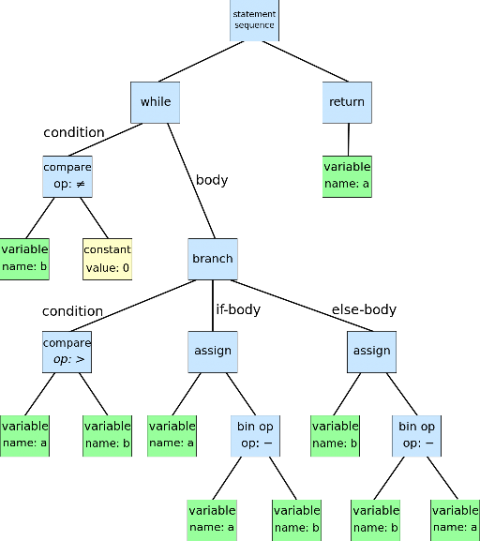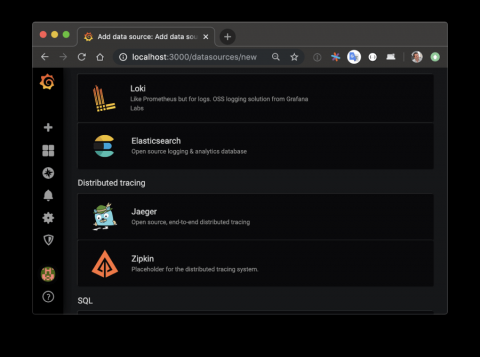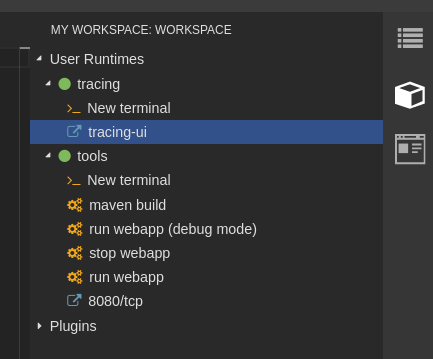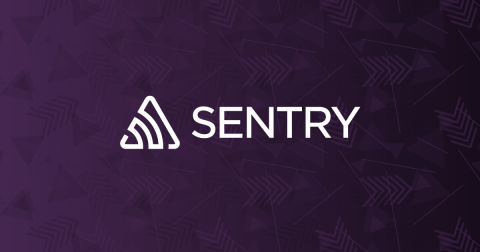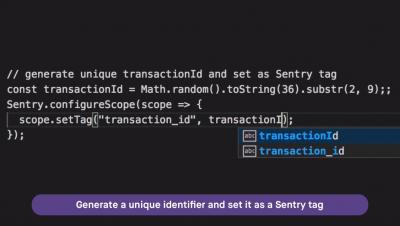Getting At The Good Stuff: How To Sample Traces in Honeycomb
(This is the first post by our new head of Customer Success, Irving.) Sampling is a must for applications at scale; it’s a technique for reducing the burden on your infrastructure and telemetry systems by only keeping data on a statistical sample of requests rather than 100% of requests. Large systems may produce large volumes of similar requests which can be de-duplicated.




